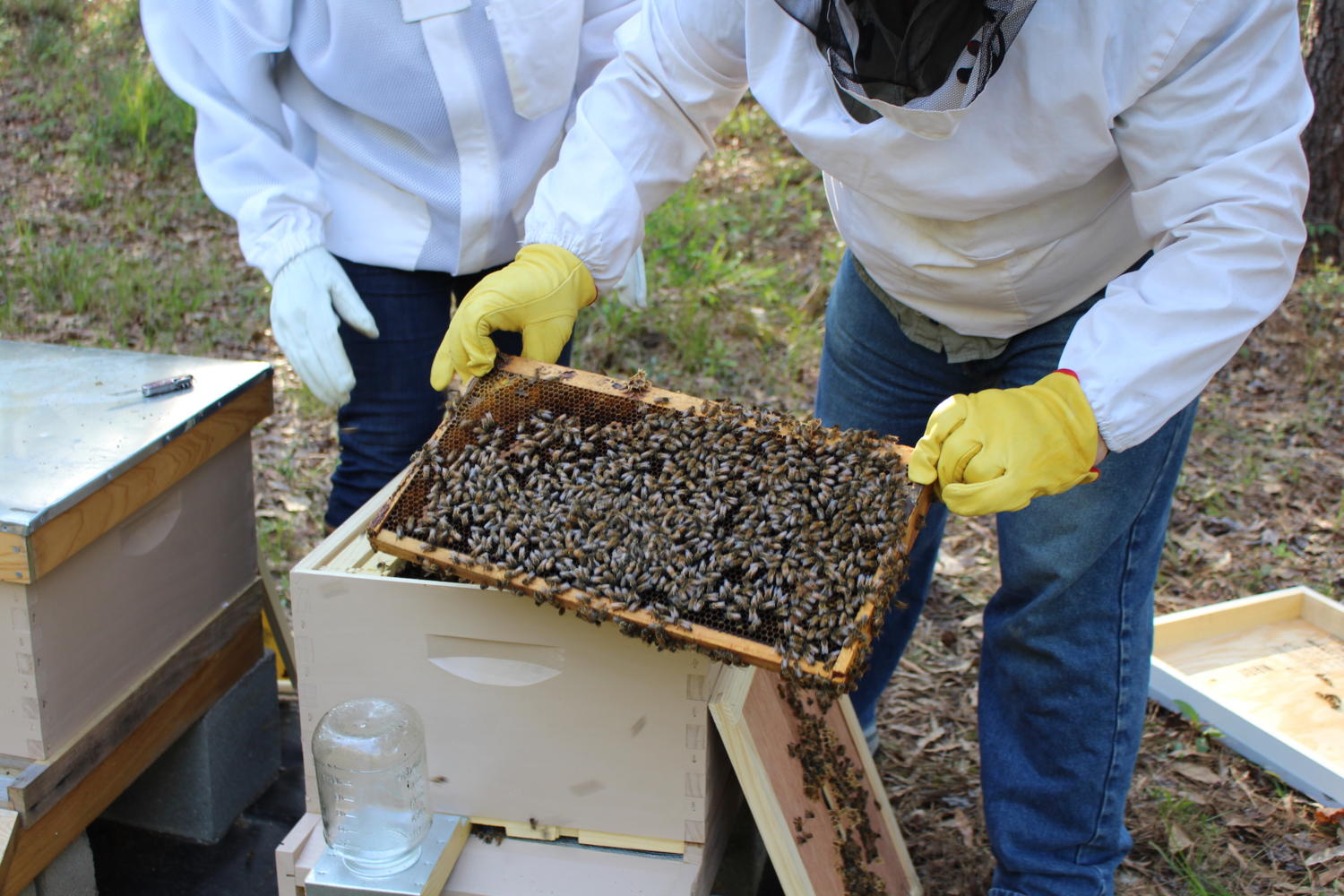One species of bees was added to the endangered species list
March 27, 2017
Imagine a summer without fresh picked strawberries or a pot of gumbo without okra.
Now think of your grandmother’s homemade biscuit without a honey drizzle on top or your favorite chapstick without out beeswax.
This is a world without bees.
While these small creatures may not seem like a big deal, their recent placement of the endangered species list has started a loud buzz.
On March 21, the U.S. Fish and Wildlife Service placed the rusty patched bumblebee, local to east coast, on the endangered species list. This is in addition to the seven species of bees in Hawaii put on the list last year.
While the bees in Louisiana aren’t at risk yet, Paul Barnes, environmental biologist and professor at Loyola University New Orleans, said that he isn’t shocked that a species of bees are on the endangered list because there are a lot of organisms that are going extinct.
“Although we highlight bees for a specific reason, it’s just part of the bigger picture which we need to come to terms with: the large scale loss of a number organisms we share the planet with and the loss of certain issues,” Barnes said.
According to a report put together by the United Nations, 40 percent of insect pollinators are facing global extinction. This could affect 75 percent of food crops and nearly 90 percent of wild flowers
Eddie Molina of Molina Apiary, a beekeeping company in Lacombe, said that people need to become more aware and helpful to the little guys, especially since they have a big job.
“I don’t think people are aware of how much our agriculture depends on the bees. That the corn that you eat was actually pollinated by the bees. or that the strawberries we enjoy so much in Louisiana was pollinated by the bees. If bees were not to survive we would be in trouble,” Eddie Molina said.
Barnes said that if people don’t start actively thinking of ways to support free pollination, humans will have to do it by hand or build machines to do it for them.
“A lot of fruit crops are pollinated by bees, and pollinators are doing this for free. If they’re not pollinated then they are going to have be pollinated by hand and that’s going to require human resources to do that,” Barnes said. “By having a warm spring like we did, the plants are accelerated in their flowering, but not all insects are responding to the same ques. So they [flowers] may be flowering at a time when the insects aren’t here and this is a huge issue with climate change because it is affecting the timing of species differently; and it can disrupt the timing of events that can be very critical.”
While Robin Molina of Molina Apiary said that bees are fighters, she feels like her and her husband are making the bees lives a little bit easier by beekeeping.
“We’re helping the ones still out there and keeping them as safe as we can,” Robin Molina said. “We don’t use chemicals on our property and we try to be natural with everything because we want our bees to be healthy.”








